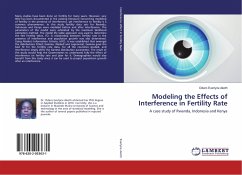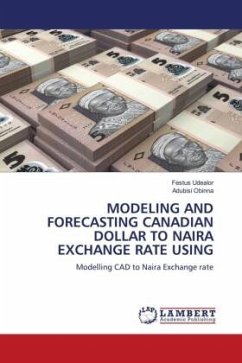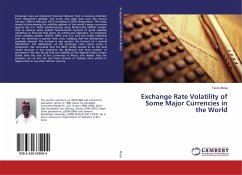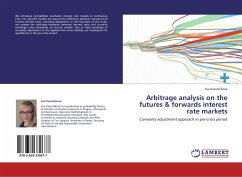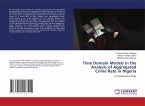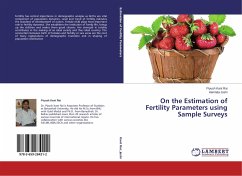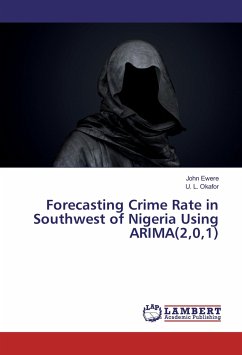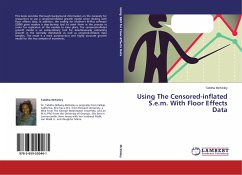Many studies have been done on fertility for many years. However, very little has been documented in the existing literature concerning modeling of fertility in the presence of interference, yet interference to fertility is a common phenomenon. In this study fertility data sets for Rwanda, Indonesia and Kenya were modeled before and after interference. The parameters of the model were estimated by the maximum likelihood estimation method. The model life table approach was used to determine the Net Fertility Value, FO. A relationship between fertility rate in the presence of interference and population growth was also determined. Using Akaike's Information Criteria, (AIC), it was established that amongst the distributions fitted; Gamma, Weibull and Lognormal, Gamma gave the best fit for the fertility rate data, for all the countries studied, and interference simply shifts the Gamma distribution parameters. The result of this study would help the Governments to understand fully theeffect of interference on fertility rate and plan for it. Demographers would also benefit from this study since it can be used to project population growth after an interference.
Bitte wählen Sie Ihr Anliegen aus.
Rechnungen
Retourenschein anfordern
Bestellstatus
Storno

